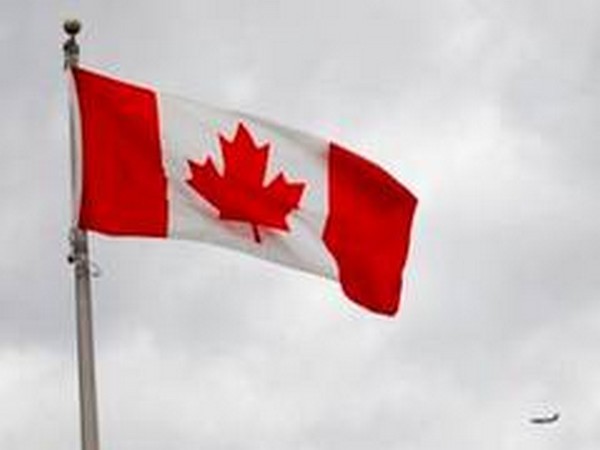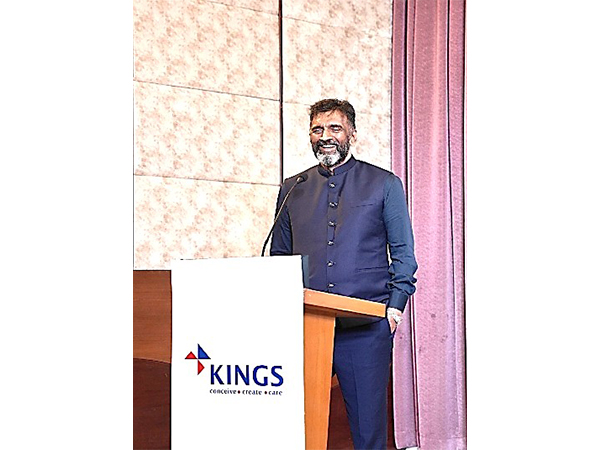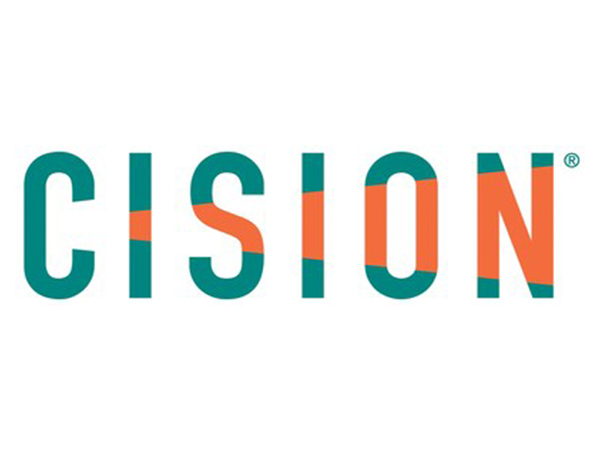Israel-Iran conflict set to dominate G7 summit
Jun 16, 2025
Edmonton [Canada], June 16: This week's G7 summit in Canada will be dominated by war - only not one of those that the world leaders had expected.
High on the agenda had been Russia's war against Ukraine and Donald Trump's tariff war against America's trading partners.
Instead the three-day gathering in the Rocky Mountains of Alberta will inevitably be focused on war in the Middle East.
Israel's decision to attack Iran will force the Group of Seven western powers to spend less time on other issues and instead discuss ways of managing the conflict.
Like so many of their discussions, that will involve Britain, France, Germany and Italy - along with Canada and Japan - seeking to influence the United States.
For although Israel might have launched these strikes without explicit American support, the US president is the only leader with real leverage over Prime Minister Benjamin Netanyahu.
The G7 leaders, due to arrive in Canada on Sunday, know the global security and economic risks if this conflict escalates, dragging in other countries, sending oil prices soaring.
Yet they may struggle to achieve a common position. Some, such as UK Prime Minister Keir Starmer and President Emmanuel Macron of France, have called for restraint and de-escalation.
But others such as Japan's Prime Minister, Shigeru Ishiba, have condemned Israel's attack as "intolerable" and "extremely regrettable". For his part, Trump praised Israel's strikes as "excellent".
All this is a long way from what Mark Carney, the new Canadian Prime Minister, had planned for the talks in the wilderness retreat of Kananaskis. He wanted a summit to mark the G7's 50th birthday that avoided rows with Trump.
Much of his agenda was non-controversial, about energy security, protecting mineral supply chains, accelerating the digital transition and tackling forest fires.
There was little mention of issues such as climate change, on which Trump is a sceptic. Canadian officials even decided not to have a summit communique to avoid textual disputes dominating the gathering.
Instead, world leaders will agree a number of "short, action-oriented statements" that maintain consensus and ignore divisive issues.
Canadians well remember the last time they hosted a G7 gathering in 2018 when there was a row over - yes - Donald Trump's trade tariffs. The president stormed out early and, on the plane home, withdrew his support for the summit communique after watching Justin Trudeau, the then Canadian Prime Minister, give a press conference Trump described as "very dishonest and weak".
This summit Carney may arrange a visit to Kananaskis golf club to try to keep Trump onside. Beneath this caution lingers a fundamental question about whether these annual gatherings are still worth it, given Trump's clear disdain. He prefers bilateral dealmaking to multilateral consensus-building.
This is the president's first such foray onto the world stage since his inauguration and his six partners will be looking anxiously to see whether he wants to pick a fight - or look statesmanlike - for voters back home.
Source: Qatar Tribune








